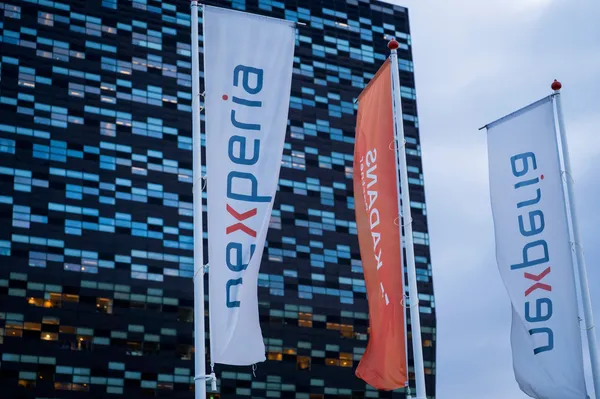
The semiconductor industry is a critical part of today's digital economy, powering everything from smartphones and laptops to cars and home appliances. However, the industry has been grappling with a significant supply-demand imbalance, leading to a global chip shortage that threatens to disrupt a multitude of sectors.
The Netherlands has found itself at the heart of this crisis, wielding control over Nexperia, a Dutch semiconductor manufacturer owned by China's Wingtech Technology. The Dutch government's decision to exert control over Nexperia's local operations has put it at odds with Beijing and has raised concerns about potential disruption to global automotive production.
However, in a surprising move, The Netherlands has indicated that it is prepared to suspend its powers over Nexperia if chip supply resumes. This development is a strategic de-escalation of the fight with Beijing and could significantly impact the global chip shortage. If successful, this move could alleviate some of the pressure on industries reliant on these critical components.
For investors, manufacturers, and policymakers around the world, this development is of great interest. It could signal a change in the dynamics of the global semiconductor market, potentially influencing the strategies of both large corporations and small businesses in the tech and automotive sectors.
While the outcome of this situation is yet to be determined, it underscores the intertwined nature of global supply chains and the geopolitical tensions that can influence them. It also highlights the importance of strategic flexibility in navigating these complexities, as shown by The Netherlands' readiness to adjust its approach in response to changing circumstances.
Ultimately, this development serves as a reminder of the crucial role that semiconductors play in our modern digital economy. As this situation unfolds, it will be important for all stakeholders to keep a close watch on the global semiconductor market, as changes in this sector can have far-reaching impacts on a wide range of industries.

 Next
Next
Comments (0)
Leave a comment